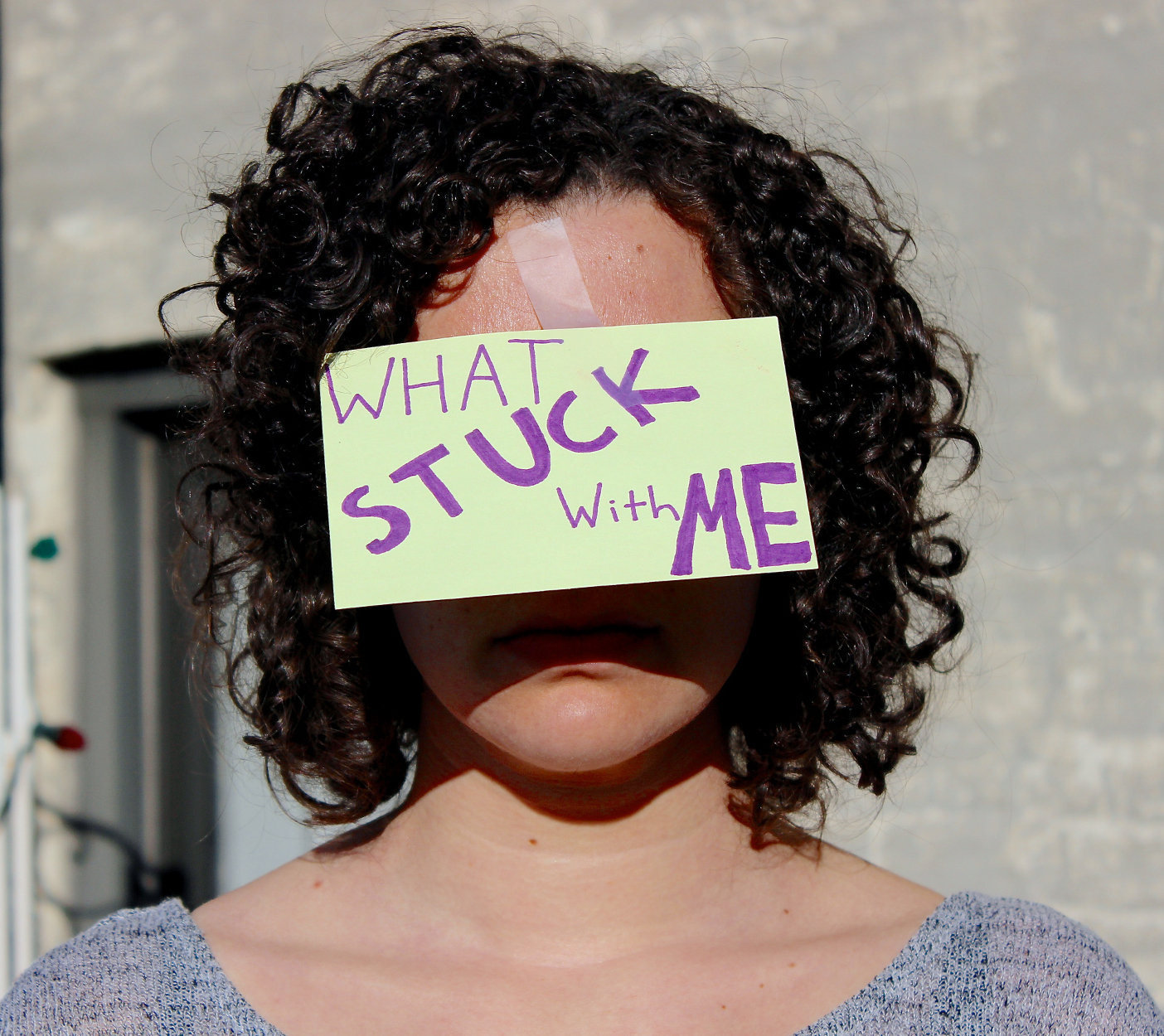When I was in 5th grade, I was a spelling champ. I always received 100s on every test, and I studied really hard. One Friday, we had a test, and there was a bonus question that asked, "What is your pet's name?"
Before we adopted our dog his name was Pete, but since my brother's name is Pete, we named the dog Repete. So I wrote "Repete" on my test, and the next Monday I received my test back, with a big red "X" over my bonus question answer. I waited patiently until recess to confront my teacher about it. I have always been very soft spoken and shy, and it took a lot for me to confront my teacher. I explained that this is how my family spelled my dog's name, and I gave her the backstory.
She looked at me, frowned and said "Well, that's not how repeat is spelled." I dug in my heel and fought, albeit quietly, with her for a couple minutes. She eventually said that because it was spelled incorrectly, I would definitely not be getting credit for that point. I was heartbroken and upset.
Obviously, this is such a small insignificant speck on the atrocities scale, but picture this: a small, very shy child gets up the nerve to confront someone about an injustice, and gets shot down. The teacher must have known how wrong this was, but she used her position of power to make it clear to a 10 year old that people in positions of authority are always right, and the little guy can never succeed when they stick up for themselves.
It was one of the last times I stood up and defended myself in a time of injustice until college, and even then, I was wary. I didn't think I had the power to change any injustices, or speak up for myself when I was clearly right. I think it all goes back to this one instance, which my fifth grade teacher probably doesn't even remember.
